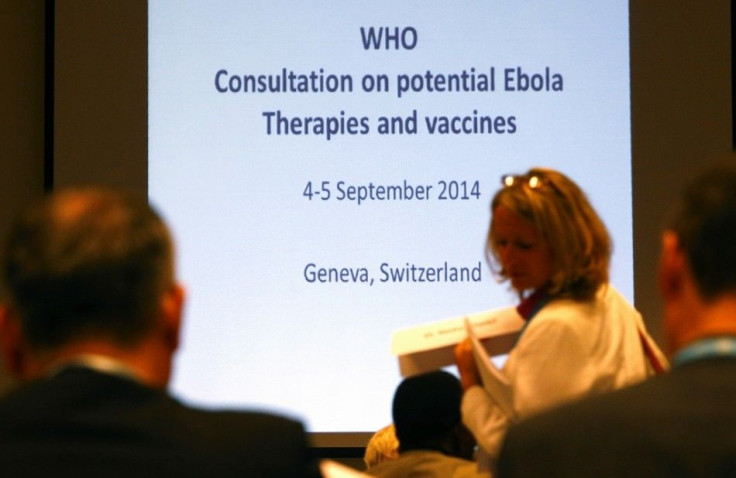New Zealand Not Adopting Australia's Ebola Measures: Still Depends on 'Voluntary Reporting'

New Zealand's Prime Minister John Key has announced that the country will continue to rely on voluntary reporting of Ebola symptoms for now and will not follow Australia's border measures. Mr Key said that the government depended on people reporting themselves to immigration authorities if they believe they have symptoms of Ebola, Radio New Zealand reports.
Mr Key said there was no need for New Zealand to impose tougher policies like Australia that has moved to implement a ban on immigration and humanitarian visas from Ebola-infected countries in West Africa. Immigration Minister Scott Morrison has previously announced the visa ban and required all visa holders who have not yet returned to submit themselves to a quarantine period for 21 days.
In New Zealand, people who arrive in the country will only be checked if they tell authorities that they may have been exposed to the virus. After the health check, only then will they be cleared to go but they will still be monitored for symptoms.
Mr Key explained that since there was only one person arriving from countries that may have been infected, there was no need to impose tougher measures. However, the prime minister said there were risks involved since people may choose to withhold information from authorities. Mr Key warned that those who will be found misleading the authorities will be charged of breaching the law.
Reports said if authorities suspected someone may possibly be infected with Ebola, they are given the power to act. The prime minister has not ruled out imposing passport restrictions if the need arises. New Zealand's Health Minister Jonathan Coleman said there were only three people who are being monitored for Ebola were the healthcare workers who had returned from West Africa. Coleman revealed about 74 people had arrived from Ebola-infected countries in the last few months.
Meanwhile, the number of Ebola cases has reached 10,000 based on a World Health Organisation report. The death toll is nearly 5,000 with known cases of the virus in eight countries. Since reaching Mali, the virus is threatening to spread in Ivory Coast, the biggest cocoa producer in the world. Sierra Leone, Guinea and Liberia are three of the worst-hit countries since the outbreak began.





















